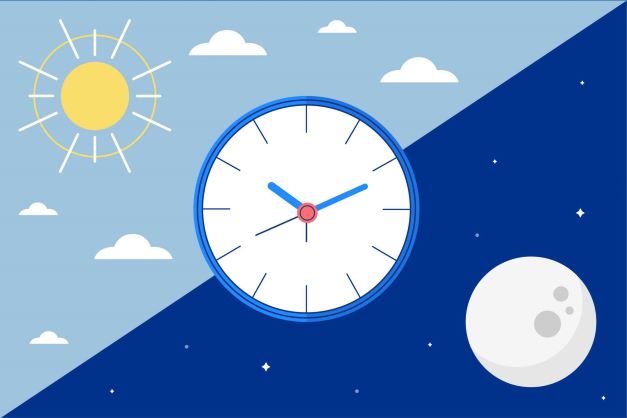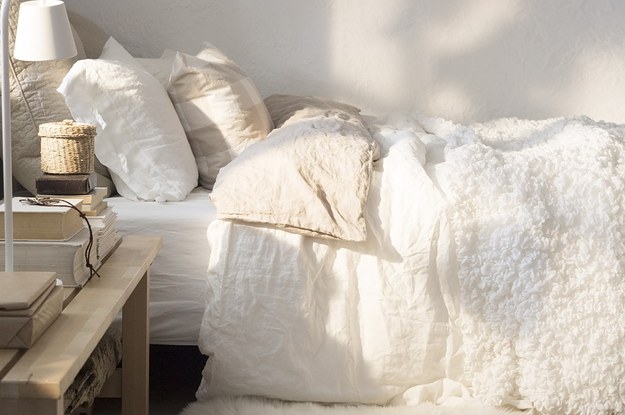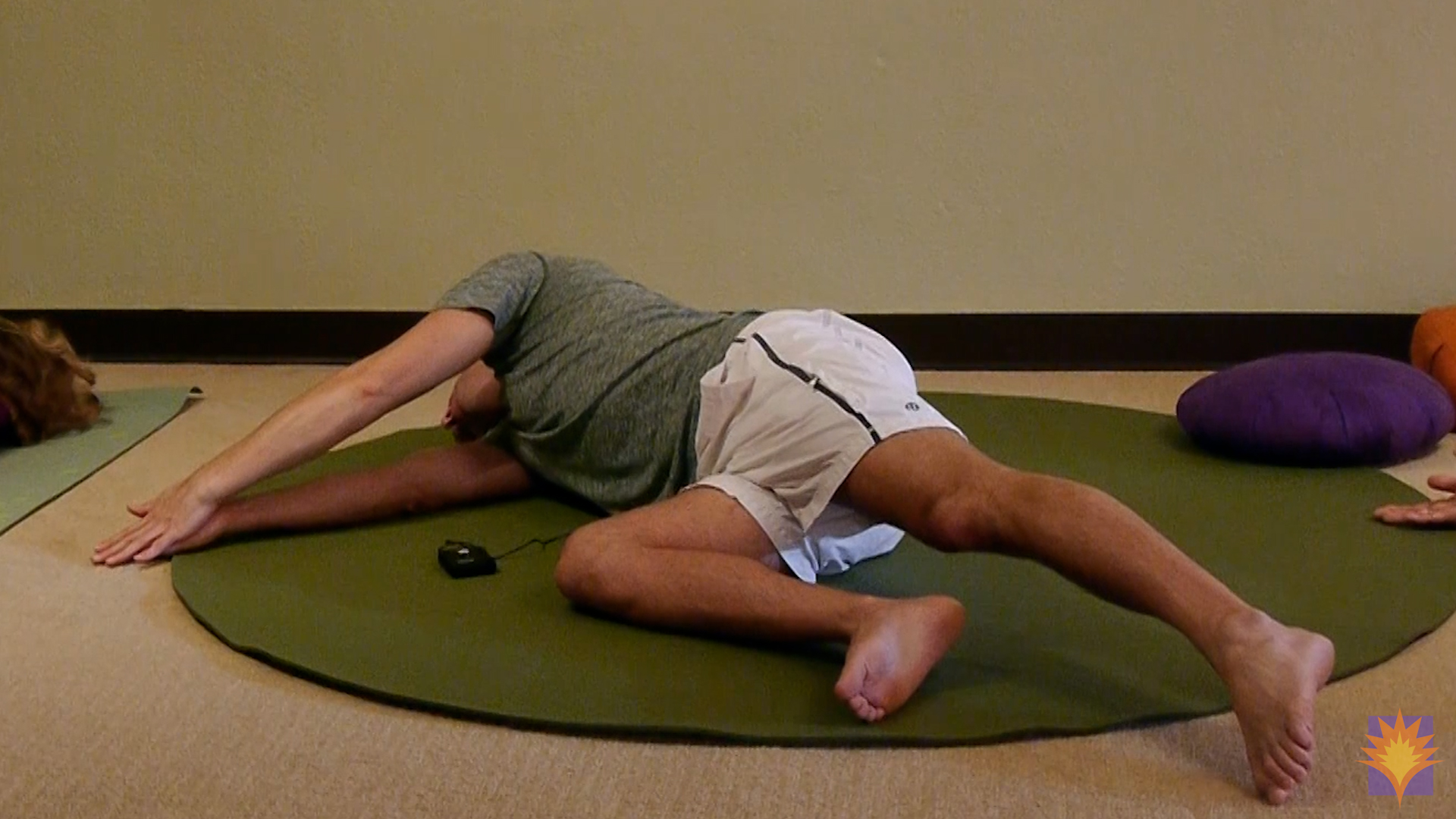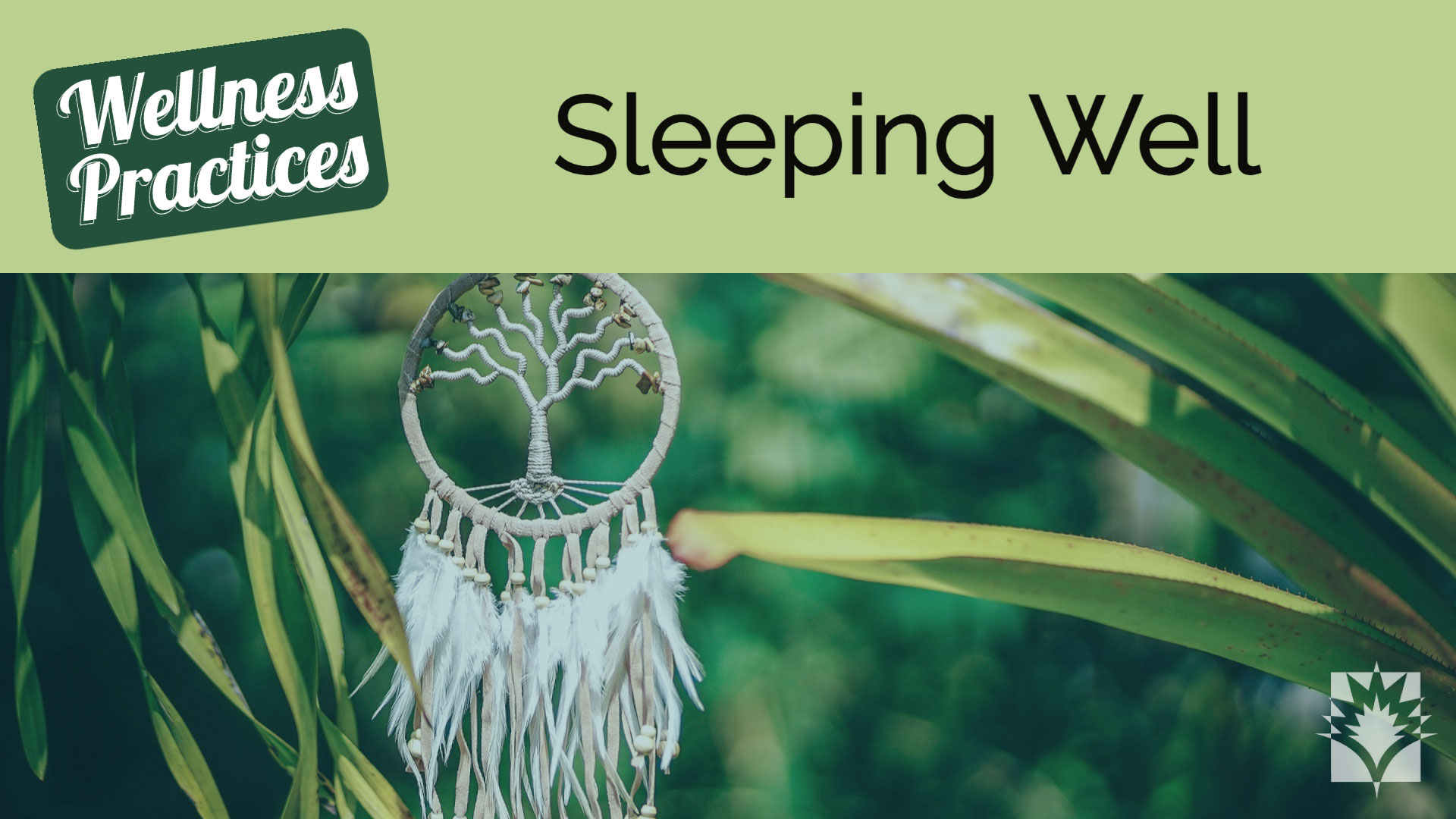
Do you have Trouble Falling Asleep or Staying Asleep?
If Sleep is elusive to you, you are not alone. Insomnia is one of the most common issues people over the age of 50 experience.
Have you heard of the term “Sleep Hygiene”? Just like we all know the importance of washing our hands as an example of good hygiene in order to reduce the spread of germs, Sleep also has a hygiene associated with it. But Sleep Hygiene can feel tedious, time-consuming and even life-altering — we usually tend to hold onto our lifestyle habits vehemently… until we are forced to change.
Let’s check in on what is considered good Sleep Hygiene and see if there is anything you can change to improve your quality of sleep.
Approximately 10% of the adult population suffers from an insomnia disorder and another 20% experiences occasional insomnia symptoms. Women, older adults, and people with socioeconomic hardship are more vulnerable to insomnia. Insomnia is often a chronic condition, with a 40% persistence rate over a 5-year period. Read more.
The Time you Exercise is Important
We all know that exercise is good for our health. It keeps our metabolism in check, strengthens our physical structure and greatly improves the inner workings of our body. But many types of exercise actually stimulate our body and if done before bedtime, can make it difficult to fall asleep. Your body’s temperature rises and your cortisol levels are higher when you exercise… this is the opposite physical state you want to be in when you’re trying to get to sleep.
Yes, changing your workout schedule might be a huge inconvenience for your lifestyle. But with some adjustments, you should aim to do your most active exercises earlier in the day, and only do Gentle, Yin or Restorative Yoga practices an hour or two before bed. Another option would be to try a Guided Meditation or Yoga Nidra about an hour before going to bed. These calming practices will help you cross the bridge between your busy day and your restful night.
 Tip: Avoid stimulating Exercise 3-6 hours before Bedtime
Tip: Avoid stimulating Exercise 3-6 hours before Bedtime
Try the Flamingo: Somatic Movement Flow™ by James Knight. If you’re all wound up and can’t get to sleep, try full body stretches. Enjoy the sensations of releasing the day’s stress with long, deep exhales so that you can relax into your slumber.
Ideal Time to Eat Before Bedtime
Eating revs up your digestive juices and creates an internal fire… which is the opposite feeling you need for a relaxing sleep! It can take several hours for your body to properly digest your food and you want to give it the best environment to do so. If you go to sleep shortly after eating a meal, you won’t give your body ample time to digest and burn off the calories you have just ingested. Instead of being used as fuel, those calories will be turned into fat and stored in the body.
If you are an “Early Bird Special” type of dinner-eater, then you have plenty of time to let your digestion work through its course. But, if you are a late-night dinner-eater, then go for a meal that is easy to digest. Examples of easily digestible foods would be fruits, vegetables, rice, sweet potatoes, chicken and salmon. Foods that are harder to digest include spicy and/or fried foods, beans, cabbage and citrus.
 Tip: Finish Eating at least 3 hours before Bedtime
Tip: Finish Eating at least 3 hours before Bedtime

Choose Easily Digestible Foods for Dinner. Especially if you like to eat later in the evening, avoid fried and spicy foods. A meal of Salmon or Chicken with rice and vegetables is a good choice.
Shut off All Your Devices
These days, many of us live on our devices. Scrolling on our smartphones, reading on our tablets, and/or binge-watching on our smart TVs are a big part of our waking life. All of these devices produce light that is stimulating… and depending on what you are looking at, your nervous system can be provoked into a state of arousal and alertness. Needless to say, we need the opposite to go to sleep.
For those of you who like to fall asleep with the TV on, consider this: Even though you are asleep, your subconscious mind is never sleeping — it is always listening and absorbing everything word by word. Even while you sleep, it is active and continues to capture what is going on in your surroundings. Hmmm, what are you watching or listening to that is being fed into the deepest part of your being?
 Tip: Turn off Devices at least 1 Hour before Bedtime
Tip: Turn off Devices at least 1 Hour before Bedtime

Resist the urge to check your email or text just “one more time!” before you go to bed. Help your brain slow down.
Sleep and Wake at the Same Time Every Day
Our circadian rhythm aligns our sleep and wakefulness with day and night. It is an innate function of our human physiology. The darkness of night signals the production of melatonin, a natural hormone that relaxes you and helps you to sleep. Our body’s circadian clock responds to light, as a signal to be awake. Honoring these natural cycles will create a predictable rhythm in your life that includes a restful night’s sleep.
Want to get 7 Hours of Sleep every Night? Try going to bed by 10 or 11pm every night, and wake up around 6 or 7am every morning. If you’re a night owl, this may seem impossible because you find your stride about 10pm! But you need to ask yourself to prioritize what is more important… staying up late or getting a good night’s rest? On the other hand, if you have work hours that conflict with this optimal circadian rhythm, you may have to artificially adjust the light/darkness in your bedroom to create an optimal sleep environment.
 Tip: Close out your day at 10-11pm, Awake by 6-7am
Tip: Close out your day at 10-11pm, Awake by 6-7am

Follow the natural flow of light and dark and get back in sync with Nature. Is your sleep worth making some changes to your living patterns?
No Reading in Bed!
This last Sleep Hygiene tip can be challenging for many. There is nothing like getting cozy with a good book, a warm cup of milk or tea, and settling into a reading adventure before you go to bed. The trouble with this is when you do it in bed! If you find you are working or reading in bed, you have taken away the sanctuary of your bed which is a special place in your life. Treat it that way.
Escape from your Day and Ease into your Night. Try to make the transition from your day time life into your night time life when you get into your bed. There are only two things to do in bed: sleep and have sex. And both are very enjoyable experiences.
 Tip: Your Bed is for Sleeping and Sex, and that’s it
Tip: Your Bed is for Sleeping and Sex, and that’s it

Create a cozy, welcoming environment in your bed so you can’t wait to get in and rest!
How to Get Back to Sleep Once you are Awake
Do you find yourself tossing and turning in the middle of the night trying to get back to sleep? As we age, we tend to have more bathroom trips during the night that awake us out of our slumber. That is when many people have trouble getting back to sleep. For those situations, a different strategy is needed.
10 Helpful Tips for Insomnia – Getting to Sleep & Staying Asleep! with Lulu Peelle, Yoga Therapist
In this video, Lulu Peelle, Ayurvedic Counselor and Yoga Therapist, shares 5 Tips for Falling Asleep, and 5 Tips for Getting Back to Sleep. Perhaps you will find a few nuggets of useful info – or even an Ah-Ha… that can truly help change your sleep quality! Listen up!
Related Wellness Practices
Note: This collection and the related videos are included in various YogaVista.TV subscription plans.
Sleep is when we rest and recover. It is a daily necessity of life. If you struggle with falling asleep or staying asleep, you are not alone.
The two major causes of sleeplessness are: (1) an overactive mind that just won’t shut off and (2) tension, tightness and pain in your body that keeps you from getting into a comfortable physical state.
These Wellness Practices for Sleeping Well will help you find a sense of peace and serenity in both mind and body. Explore and experiment to find what works best for you. Remember, you are responsible for your sleep hygiene. You are worth the investment of the time and energy it takes to find a sleep hygiene process that works well for you.
Related Videos (included in the Wellness Practices above)
CREDITS: Author, Sherry Zak Morris, Certified Yoga Therapist
Editor, Maria Perez, Certified Yoga & Group Fitness Instructor



